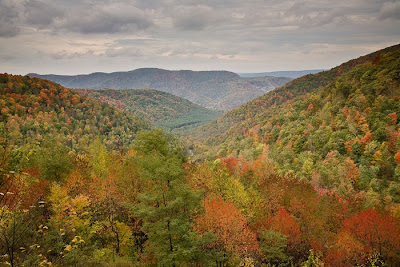 |
| Ashley Spratt came to the Northeast to provide public affairs support after Hurricane Sandy. |
On the afternoon of Nov. 2, as I tracked the day’s headlines, reading stories shared online by my old journalism school colleagues now based in New York and New Jersey, I received a text from my supervisor.
“Can you go to the Northeast this weekend?”
I packed my bags. Eight hours and one connection later, I landed at Bradley International Airport, just outside of Hartford, Conn. I had never been to New England, and immediately realized how big this seemingly small region really is.




